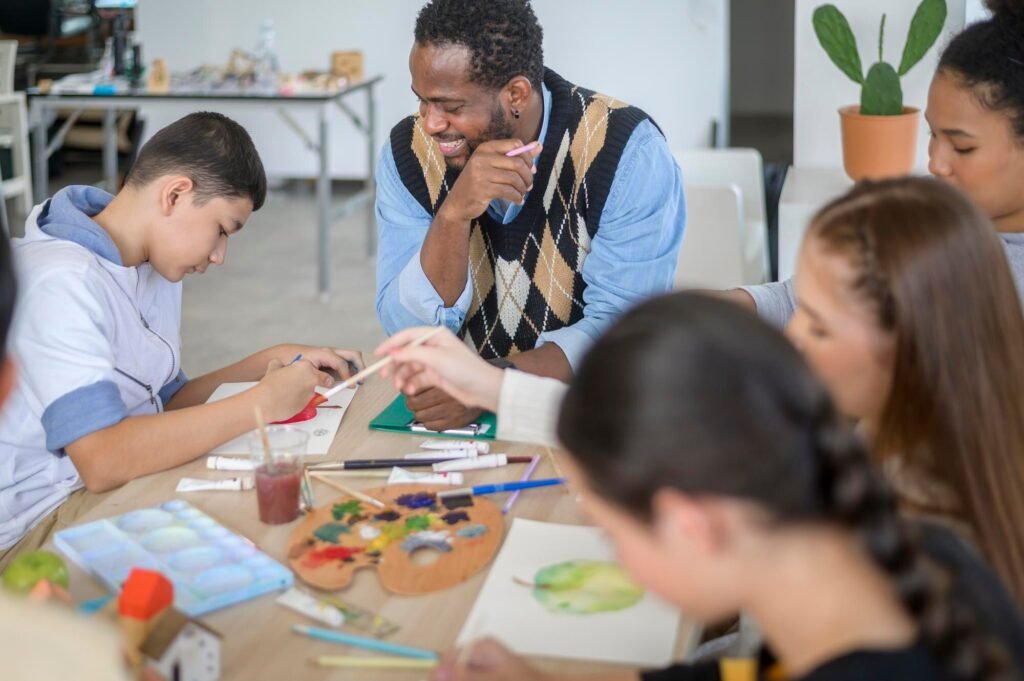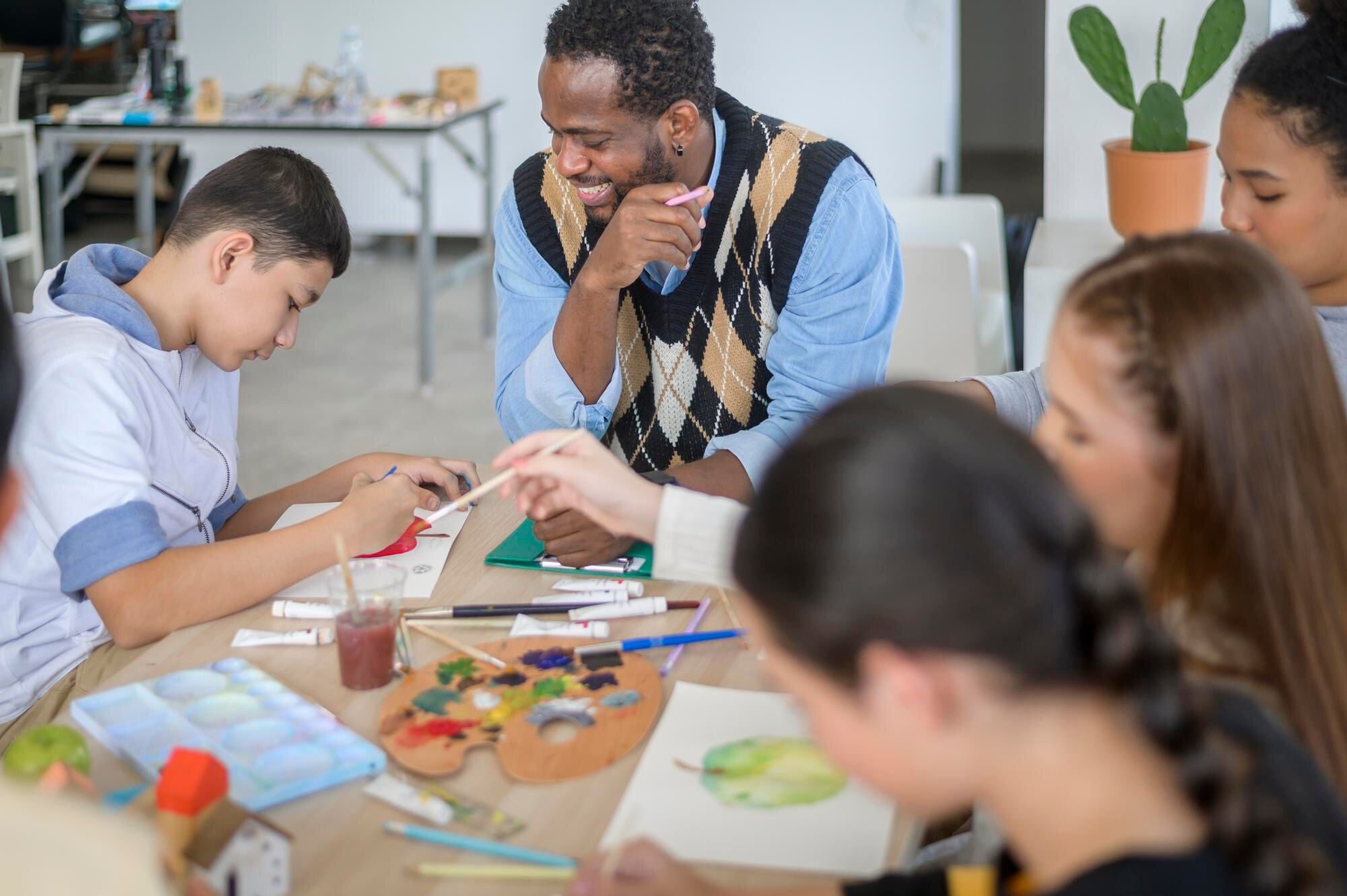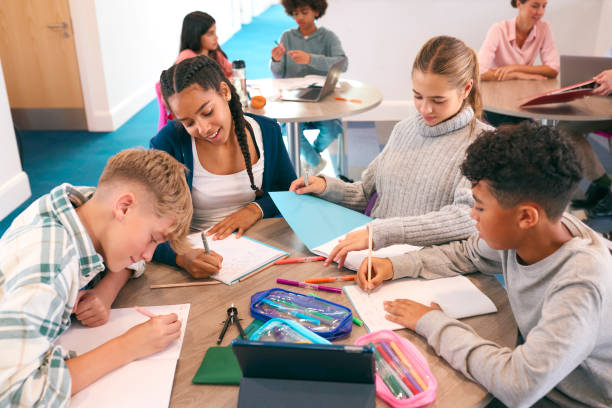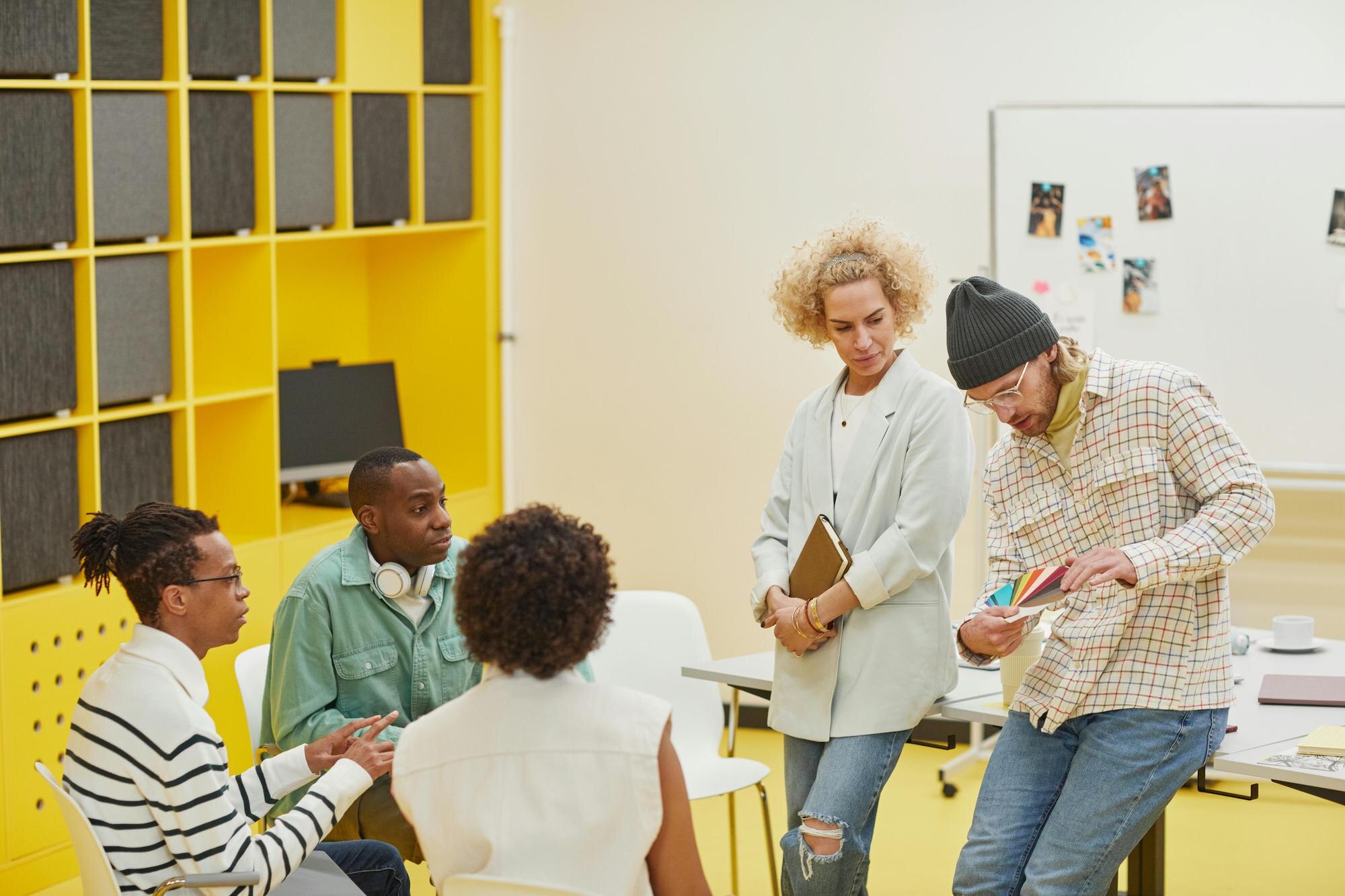
Empowering Gifted Students: Top Strategies for Educators to Foster Resilience and Confidence
Gifted students face unique challenges that often go beyond the classroom. They’re not just dealing with complex academic material—they’re navigating emotional hurdles that can feel overwhelming. As an educator, you have the power to make a significant impact. Imagine equipping these young minds with resilience and confidence, helping them not only survive but thrive. In this guide, you’ll find practical educator strategies that provide emotional support and foster growth, ensuring your gifted students feel understood and empowered. Let’s dive into these transformative teacher resources. For more on fostering resilience in gifted students, explore this article.
Building Emotional Resilience

Building emotional resilience is vital for gifted students who face unique emotional and academic challenges. By understanding their specific needs, educators can implement effective strategies to help them navigate these hurdles. This section will delve into these challenges and offer practical solutions to foster resilience.
Understanding Unique Challenges
Gifted students often confront challenges that are different from their peers. Their heightened sensitivity and intense focus can lead to emotional overwhelm. Understanding these unique difficulties is the first step in providing appropriate support.
For instance, gifted students may experience heightened anxiety and perfectionism. These emotions can stem from the pressure to meet high expectations. According to Edmentum, acknowledging these pressures can help educators tailor their strategies effectively.
Moreover, the asynchronous development of gifted students means their emotional maturity might not match their intellectual capabilities. This can create friction in social interactions, making them vulnerable to emotional struggles.
Strategies for Resilience Building
Creating resilience in gifted students requires intentional strategies that are both practical and impactful. Educators should focus on providing a supportive environment that encourages emotional growth.
Encourage self-reflection: Help students understand their emotions by journaling or discussing their feelings.
Promote problem-solving skills: Engage them in activities that require creative solutions, thereby building confidence in their abilities.
Foster peer connections: Group activities can help students form bonds, providing emotional support and reducing feelings of isolation.
Gifted Challenges emphasizes the importance of resilience strategies that adapt to each student’s unique needs.
Creating a Safe Emotional Space
A safe emotional environment is crucial for nurturing resilience. Teachers must create a classroom atmosphere where students feel secure expressing their emotions.
According to ESCCO, establishing trust is key. Students should know that their emotions are valid and respected. This involves active listening and empathetic interactions.
Additionally, setting clear boundaries in the classroom can help students feel more secure. When they know what to expect, they can concentrate on their emotional and academic growth.
Fostering Confidence in Gifted Students

Confidence plays a pivotal role in the development of gifted students. By encouraging a growth mindset and recognizing their achievements, educators can empower these students to believe in their abilities.
Encouraging Growth Mindset
A growth mindset is the belief that abilities and intelligence can be developed through effort and perseverance. For gifted students, this mindset is essential to overcome challenges and embrace learning opportunities.
Introduce the concept of “yet”: Encourage students to say, “I haven’t mastered this yet,” rather than “I can’t do this.”
Celebrate mistakes as learning opportunities, reinforcing that failure is a step toward success.
Use role models and stories that highlight perseverance and improvement over time.
Genie Academy provides insights into fostering a growth mindset through practical classroom strategies.
Celebrating Achievements and Progress
Recognizing accomplishments boosts confidence. Celebrating both big and small achievements reinforces a student’s belief in their capabilities.
Educators should tailor recognition to individual students. Some may thrive on public acknowledgment, while others prefer private praise. It’s crucial to celebrate both effort and outcome to encourage continued growth.
Furthermore, setting incremental goals can help students see progress over time, motivating them to keep striving.
Promoting Self-Advocacy Skills
Gifted students must learn to advocate for themselves. Self-advocacy involves understanding one’s needs and communicating them effectively. This skill is crucial for personal development.
Teach students to identify their strengths and weaknesses.
Encourage them to express their needs and preferences in classroom discussions.
Role-play scenarios to practice communication skills.
According to Gifted Challenges, self-advocacy empowers students to take control of their learning experiences.
Practical Educator Strategies

Educators can implement various strategies to support gifted students emotionally and academically. By incorporating emotional support and utilizing effective resources, teachers can enhance their approaches.
Incorporating Emotional Support
To effectively support gifted students, educators need to integrate emotional support into their teaching practices. This involves recognizing and addressing emotional needs alongside academic requirements.
Regular check-ins can help teachers gauge students’ emotional states.
Incorporate mindfulness exercises to help students manage stress.
Provide resources for students to explore their emotions, such as guided meditation apps or mood-tracking journals.
Educators can find more strategies at Edmentum.
Effective Teacher Resources
Utilizing the right teacher resources can significantly impact the success of gifted students. Access to effective resources ensures that educators are well-equipped to meet diverse needs.
Many online platforms offer materials tailored for gifted education. These include lesson plans, professional development courses, and forums for sharing best practices.
Educators should explore resources from organizations like ESCCO to stay informed and prepared.
Continuous Learning and Adaptation
The field of gifted education is always evolving. Continuous learning and adaptation allow educators to remain effective in their roles. By staying informed about new research and strategies, teachers can better support their students.
Attend workshops and webinars on the latest in gifted education.
Read articles and studies to stay current with new findings.
Collaborate with other educators to share insights and experiences.
For more insights, consider joining events and webinars provided by educational organizations.
🧠✨

A certified Heal Your Life® Coach with 20+ years in education and emotional development. Supports gifted teens in navigating anxiety, perfectionism, and identity challenges, while equipping parents with practical tools for lasting transformation. Sessions blend emotional healing, mindset mastery, and strategic empowerment.



